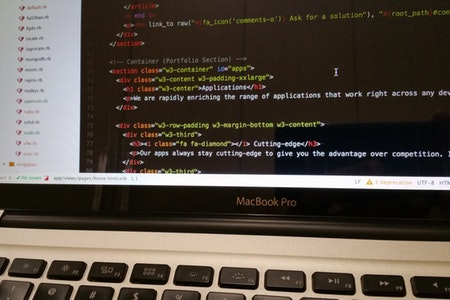Kaiser Permanente has suffered a couple of security incidents which filed with the Department of Health and Human Services’ Office for Civil Rights (OCR). Overall, in excess of 5,000 people have been affected by the data violations.
The HIPAA breaches impact clients of the Kaiser Foundation Group Health Plan. The most serious incident, in terms of the number of individuals affected, was an email-related breach impacting 4,389 health plan subscriberss in the San Bernardino County region of Southern California.
An unauthorized person was found to have accessed the email account of a Southern California Permanente doctor, which included a limited amount of protected health data.
Kaiser Permanente completed a thorough investigation to deduce the manner and full extent of the violation. While the email account was accessed, Kaiser Permanente believes the danger to plan subscribers is minimal due to the nature of data storeded in the email account.
The email account in question did not contain highly sensitive information such as bank account information, credit card details, insurance data or Social Security numbers. The breach was restricted to plan subscribers’ names, ages, dates of service, medical record numbers, phone numbers, limited medical information, and flu shot information.
Affected subscribers have been advised of the violation by mail and Kaiser Permanente is assessing additional technology that can be put in place to prevent similar breaches from happening in the future.
One week after the initial breach, Kaiser Permanente reported a second violation, this time involving the PHI of 638 plan subscribers. The second breach happened between October 9 and October 13, 2017 and was a mis-mailing incident. Letters holding a limited amount of protected health information were broadcast to the wrong plan subscribers in the West Los Angeles region.
No Social Security details, medical record information, financial data, or other highly sensitive information was included. Affected subscribers have been alerted and mailing workflow procedures have been examined and updated to avoid this happening again.


